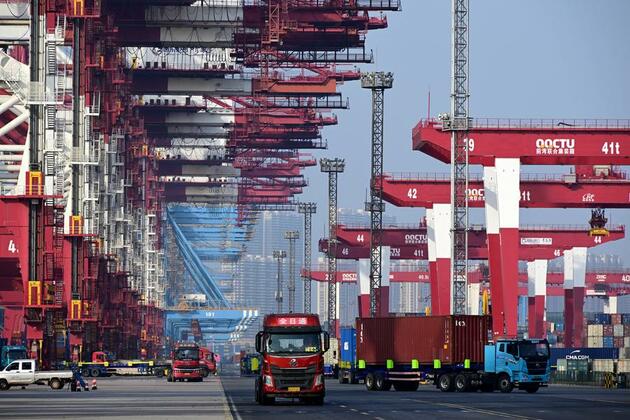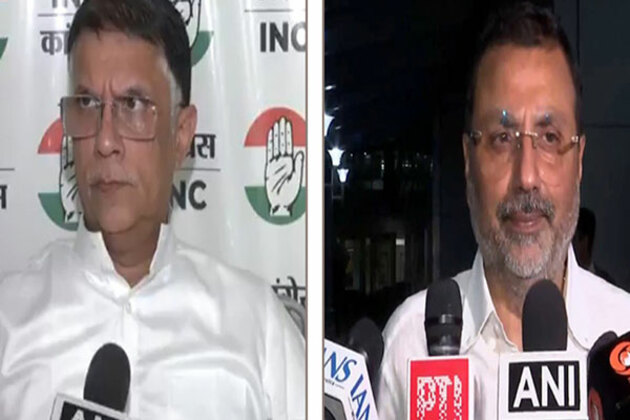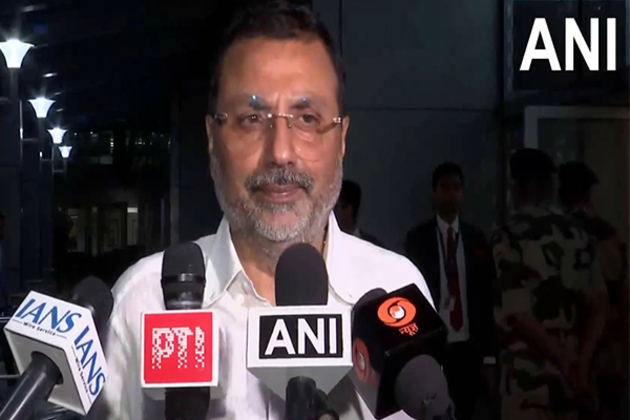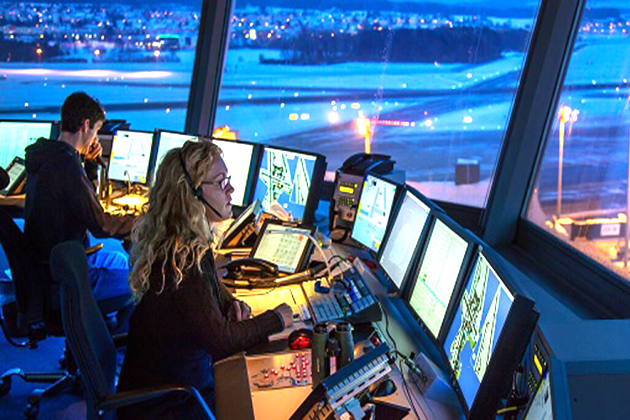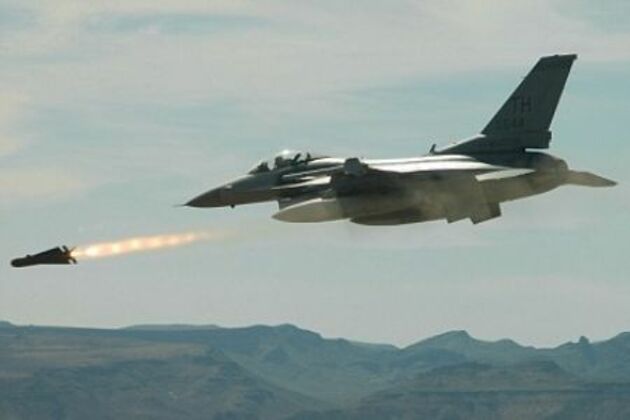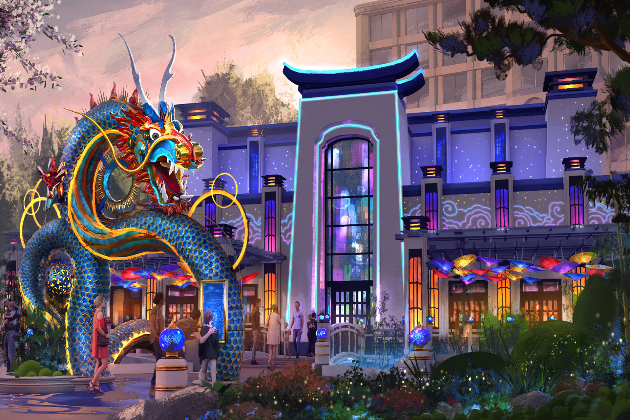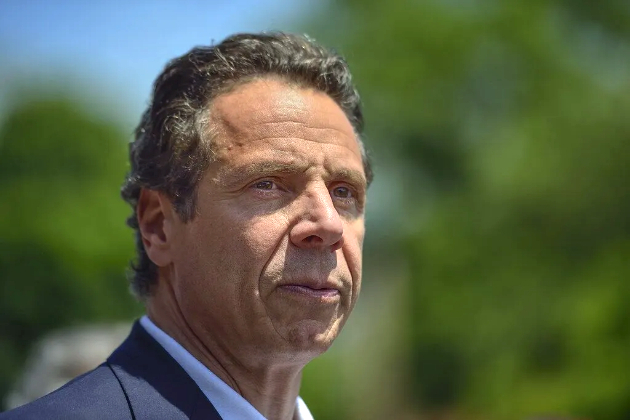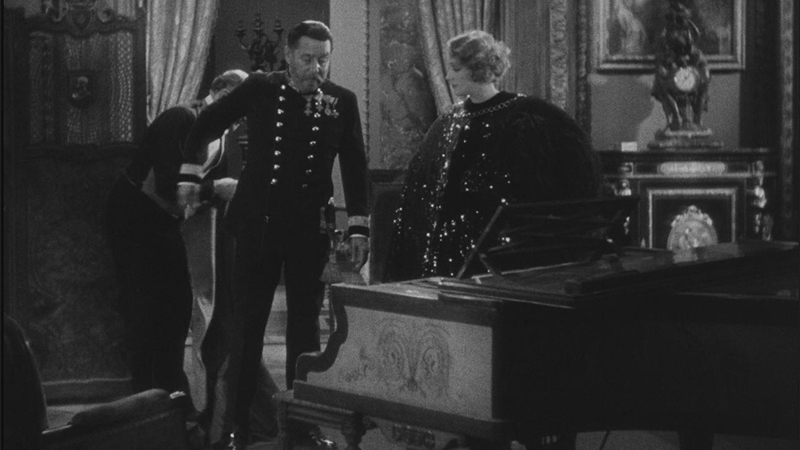The Second Golden Age of Railways Comes to an End
7Newswire
25 Dec 2020, 00:12 GMT+10

During the 2008-2009 crisis, Warren Buffett placed two big bets amid the panic. He bought a good deal of preferred shares at Goldman Sachs and took control of BNSF, a huge railway company.
Goldman's 32,500 bankers and 51,500 miles of tracks, stretching from the Pacific to Texas, had nothing in common, except that it was impossible to imagine American capitalism without them.
'It's a total bet on America's economic future,' Buffett said when he bought the railroads, which was naturally advised by bankers working for a certain vampire squid,' as Goldman was once called By Rolling Stone.
A new Beginning to Railways
How right Buffett was. The last decade has been golden for the transport of products in the world's largest economy. The consumption of goods and energy of each citizen requires the transfer of 36 tons of cargo per year. American railroads have been a rare example of well-functioning capitalism, with a virtuous cycle of demand, gigantic profits, and huge investment in vibrant stocks and pathways.
Efficient
Foreigners targeting America's airports, smelly subways, and bumpy highways that date back to the late Brezhnev's era, should, as the Proclaimers sang, take a look at the railroads from Miami to Canada.
Fixed assets at the six largest Rail Freight of companies in North America rose 58 percent between 2004 and 2014, to $ 250 billion. Private companies have been spending nearly the same amount each year to modernize American locomotives and tracks as the federal government on highways. Waste on infrastructure has also helped the environment, as trains are four times more fuel-efficient than trucks. America's freight railroads are more efficient and busier than their counterparts in Europe.
'America's railroads have been a rare example of well-functioning capitalism, with a virtuous cycle of demand, gigantic profits, and huge investment in vibrant stocks and tracks.'
Now, however, this private equity-fuelled locomotive has derailed. In the last quarter of 2015, the combined revenues of large US and Canadian companies of rail freight fell by 25 percent, compared to a year earlier, mainly due to the slump in commodity prices. The industry has tried to downplay this as a passing incident. If the decline persists, however, the great investment show will be over.
Tougher times also raise the specter of rail mergers, a phenomenon that has plagued the United States since the first transcontinental line was laid in the Utah desert in 1869 by CSX Corporation. Pact negotiations are already in the air, with Canadian Pacific going. after a reluctant Norfolk Southern. This week, Csx announced that it would propose a shareholder's resolution asking the Norfolk board to negotiate a merger. The deal is backed by Bill Ackman, an activist investor. He has excited Wall Street, annoyed rival companies, and put regulators on red alert. Checkout CSX Stock Has Plenty of Upside.
Raw Materials
However, before asking how the fate of the industry could have gone wrong, how did it all turn out right? Since they were deregulated in 1980, America's railroads have gradually been organized and operated more efficiently. They had many winds in their favor. Freight volumes typically grow with GDP, and railways, with a market share of around 40 percent, should shut down road transport, now with more than 50 percent of traffic, which faces emissions rules. more stringent and difficult in recruiting drivers.
The commodities bubble greased the tracks in the last decade. Freshly extracted shale oil needed to be transported from remote basins, and coal had to be moved to power stations and ports as US coal exports doubled between 2005 and 2011, thanks to demand from East Asia. and in Europe. Intermodal transport - the containers moved from ships to trains, and from there to trucks - also rose rapidly, and now accounts for a fifth of sales.
Railroad managers discovered their inner Rottweilers. Hunter Harrison, who runs Csx - and before this was at Canadian National - is praised by investors for his relentless planning: He is said to monitor individual trains as they cross the continent. Most important of all, after steadily declining since the 1980s, freight prices have risen modestly, rising 42 percent in real terms since 2004.
The railroads could be accused of imposing excessive prices on their customers - the pre-tax return on capital for the big six companies rose from 10 percent in 2004 to 19 percent in 2014. But that misses the main thing. For every dollar of gross cash flow in 2014, 67 cents were reinvested.
The industry's appetite for capital spending is almost unique in the United States, where most companies spend large profits on share buybacks to boost their stock price. The resistance of the railroad companies to this corporate crack cocaine is difficult to explain, but it could reflect the persistent presence in their boardrooms of knotty railroaders with a love for locomotive boards and connectors, rather than improved earnings per share.
Public Tools available in CSX
An employee gets access to various tools at Csx Gateway. Some of them include:
- Service Schedules
- Rail Car Specs
- Intermodal Schedules
- Rail Mileage Look-up
- Railroad Junctions
- Reporting Marks
- Curfew Map
- Intermodal Shipment Inquiry
- Intermodal Storage Payment
- Intermodal Lift Payment
- J1 (Gate Receipt) Retrieval
- Equipment Repair Billing
Employees can open Csx Crew Life to access the above tools of CSX.
Threat
What is clear is that the investment streak is now under threat from declining profits. The shale industry is reeling. Coal volumes have fallen as domestic power generators switch to less dirty and cheaper natural gas and the strong dollar hurts coal exports. The industry has balance sheets strong enough to weather a storm, with net debt 1.8 times its gross operating profit, but a time of austerity is ahead.
Capital investment fell 15 percent in the last quarter of 2015 compared to a year earlier. In 2016, it could drop by 20 percent.
The industry's unspoken plan is probably to keep raising prices while investing less and returning more cash to shareholders to keep them happy. This approach is probably going to upset everyone else. Customers like automakers, power companies, and transportation companies will complain that they are being squeezed. Despite a decade of massive investments, pressing congestion problems remain, particularly in Chicago, a bottleneck through which much of America's cargo passes.
CSX has been transporting products and raw materials for centuries. Now more than ever, the Enterprise is trained to provide Safe, Efficient, and Environment's friendly Rail transport.
How can the industry continue to satisfy investors and society if demand and profits are lower and the need for capital spending remains high? Perhaps turning the six big rail companies into four or even two.
How great the merger rewards would be is hotly debated?
Harrison says it could cut Norfolk's costs by $ 1.8 billion a year, or a quarter of the total, though most of those gains would come from being better managed, not from synergies through its merger with CP. Norfolk says it is exaggerating.
How to improve the system?
Railroad mergers have been an explosive topic for more than a century, as fear of isolation or exploitation at the hands of robber railroad tycoons is deeply ingrained in America's subconscious. The last round of deals was allowed in the 1990s when the number of large rail companies fell by half.
The antitrust apparatus today is inadequate. The federal Land Transportation Board (STB) has had broad powers to block rail mergers on the basis of the public interest since 2001. but struggles to articulate a rationale to assess what it thinks it is. Makes a System Better - Do you want options, modest returns on capital, many carriers, many route combinations, or low prices?
The industry already consists of three geographic duopolies: the west, where BNSF and Union Pacific dominate, the east, controlled by Norfolk and CSX, and Canada and its links with the industrial north of the United States, domain of CP and Canada. It is not obvious why linking two non-overlapping rail networks would make either area less competitive.
However, even saying that is a crew and a gigantic resistance is building across the country against the CP-Norfolk pact. The Alabama State Port Authority is skeptical, Ohio soybean growers are furious, eastern Kentucky coal miners are concerned. The Brotherhood of Railroad and Locomotive engineers foresees a 'downhill slope.' Most are concerned about the services and jobs that would be cut.
Union Pacific and CSX oppose the deal. All the details can be found on Csx Crew Life.
 Share
Share
 Tweet
Tweet
 Share
Share
 Flip
Flip
 Email
Email
Watch latest videos
Subscribe and Follow
Get a daily dose of Illinois Intelligencer news through our daily email, its complimentary and keeps you fully up to date with world and business news as well.
News RELEASES
Publish news of your business, community or sports group, personnel appointments, major event and more by submitting a news release to Illinois Intelligencer.
More InformationNorth America
SectionAcross the Pacific, China-U.S. trade resurges amid shared win-win vision
BEIJING, May 26 (Xinhua) -- At Yantian Port in south China's Shenzhen, Lin Risheng's voice often grows hoarse over long hours of coordinating...
Congress' Pawan Khera lashes out at "Broker-Turned-Pseudo-Historian" BJP leader Nishikant Dubey
New Delhi [India], May 26 (ANI): Congress leader Pawan Khera on Monday launched a sharp attack on Bharatiya Janata Party (BJP) MP Nishikant...
Trump extends 50% tariff deadline on EU imports to July 9
Washington DC [US], May 26 (ANI): Following US President Donald Trump's proposal for a 50% tariff on all imports from the European...
BJP MP Nishikant Dubey alleges Nehru, Indira planned to give Kashmir territories to Pakistan in 1960s
New Delhi [India], May 26 (ANI): BJP leader Nishikant Dubey on Monday shared a declassified 1963 telegram from the U.S. State Department,...
EAM Jaishankar speaks with Canadian FM Anita Anand on prospects of India-Canada ties
New Delhi [India], May 26 (ANI): External Affairs Minister S Jaishankar spoke with his Canadian counterpart, Anita Anand, about the...
Beijing cements its strategic relationship with Moscow
Hong Kong, May 26 (ANI): The leaders of China and Russia met in person yet again on 8 May, as Chairman Xi Jinping visited Russia for...
International
SectionUS Army to list only birth sex in transgender soldiers' records
WASHINGTON, D.C.: The U.S. Army plans to change the records of transgender soldiers to list only their sex at birth, according to a...
US FAA orders flight reductions at Newark Airport to ease congestion
WASHINGTON, D.C.: The Federal Aviation Administration (FAA) said this week that it will require airlines to reduce the number of flights...
Nine children from 1 family die as Israel Air force pilots hit 100 targets in Gaza
GAZA - The home of a doctor working in the emergency room at the Nasser Medical Complex in southern Gaza was struck by Israel Air...
Universal unveils Epic Universe to challenge Disney’s dominance
ORLANDO, Florida: For years, Universal Orlando played second fiddle to Disney's sprawling empire in Central Florida. Now, with the...
Biden-era fuel rules face pushback over EV inclusion
WASHINGTON, D.C.: The U.S. Transportation Department is expected to say that fuel economy rules created under President Joe Biden went...
US Justice Department probes Cuomo over alleged COVID misstatements
WASHINGTON, D.C.: The U.S. Justice Department is investigating Andrew Cuomo, the former governor of New York and a top candidate for...

